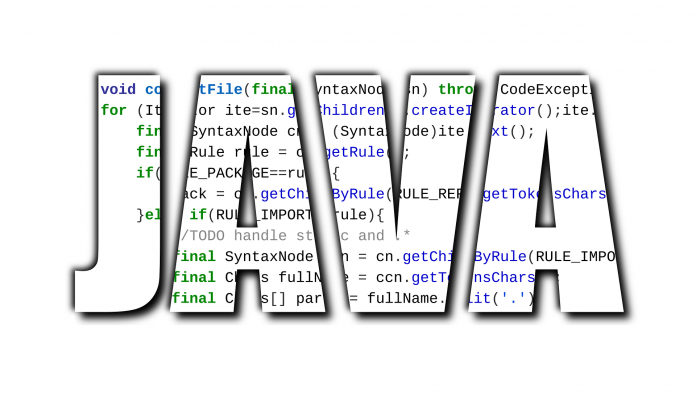Introduction:
In this article, you will learn the Java 8 Interview Questions and their solutions. Let us get started.
Question 1.
Why is Java bytecode a bit slower than native code?
Answer:
The Java bytecode is platform independent. So, it can run unchanged on different platforms It may not be optimized to run on a single platform like native code. However, in future, advances in compiler and Java Virtual Machine may bring the performance of Java bytecode closer to native code.
Question 2.
What are the three types of comments in Java language?
Answer:
The first type is the multi-line comment. Any textsbetween /* and */ is ignored by the compiler. The second type is a single-line comment. Any text following // to the end of the line is ignored by the compiler. the third type is a documentation comment. Text between /** and */ is ignored by the compiler, but read by the javadoc tool to generate documentation.
Question 3.
Which statement could be used in place of multiple if statements in Java?
Answer:
It is the switch statement. This statement can have multiple expected values for an expression. Each value can have its own set of statements to execute. If the expression is not equal to any of the given values, the control goes through default and its statements are executed.
Question 4.
What is the difference between private and public access modifiers?
Answer:
A method, a constructor or a variable may be declared as private or public. Private means that the declared item is visible within the class only. Public means that the declared item is visible to all Java classes.
Question 5.
What are the types of loops in Java?
Answer:
- One loop is the while loop. At the beginning of the loop, it has a condition that is then followed by the body of the loop. The while loop checks the condition and if the condition is true, the body of the loop is executed and it checks the condition again. Once the condition becomes false, the loop execution is terminated.
- The other type of loop in Java is a for loop. It has three parts. Initialization, condition and increment followed by the body of the loop. The for loop executes the body of the loop if the condition is true and stops executing if the condition becomes false.
- The third type is a do-while loop. It is similar to the while loop, but has a body of the loop followed by the condition. Since it checks the condition after executing the body of the loop, it executes at least once.
Question 6.
What is the enhanced for loop?
Answer:
This is a simplified way of looping through the elements of an array. It requires only two parts in the for statement. The first part is a variable and the second part is the name of the array. There is an example below. Now, x is the variable of the same data type as the array called myArray.
The enhanced for loop automatically loops through each element of the array. So, we have String myArray and it has five elements in it. A, B, C, D and E..
The enhanced for loop says for String x in myArray System.out.println(x); So, this is a simplified way of looping through the elements of an array.
Question 7.
What is a class constructor?
Answer:
This is a method with the same name as a class. This method is called when a new object of the class is created. The constructor contains initialization code to set private variables, to call private methods and so on.
There can be multiple constructors in a class and this is called overloading the constructors. Each of these constructors has different parameters like different number of parameters or maybe parameters of different data types.
Question 8.
What is the difference between final and static modifiers?
Answer:
Final requires that the class field or variable can be assigned a value only once and that is the final value. Java throws a compile-time error if another statement to assign value to this variable is given in the program.
Static shares a class field or variable across all instances of the class. The static variable may be assigned a particular value in one object of the class and it retains the same value in all other objects of that class. A static variable can be used even if there is no existing object of the class.
Question 9.
What is Inheritance?
Answer:
A class may inherit another class by using the extends keyword.. The former (that means the inheriting class) is called the subclass and the inherited class is called the superclass.
All public members (that means fields and methods of the superclass) are available to the subclass without writing any code. An object variable of the superclass type may be assigned any object reference of the subclass type.
Question 10.
What is an event handler?
Answer:
The user can perform an action on a GUI element such as a button or a text box. Such an action can be moving focus in or out of the element or pressing Enter. The action is called an event. An event handler is code associated with the GUI element and it executes when an event occurs.
Final Lines
That is all in this article about Java 8 Interview Questions and Answers.
Keep Learning!
Also Read : Accounts Jobs in the UAE













